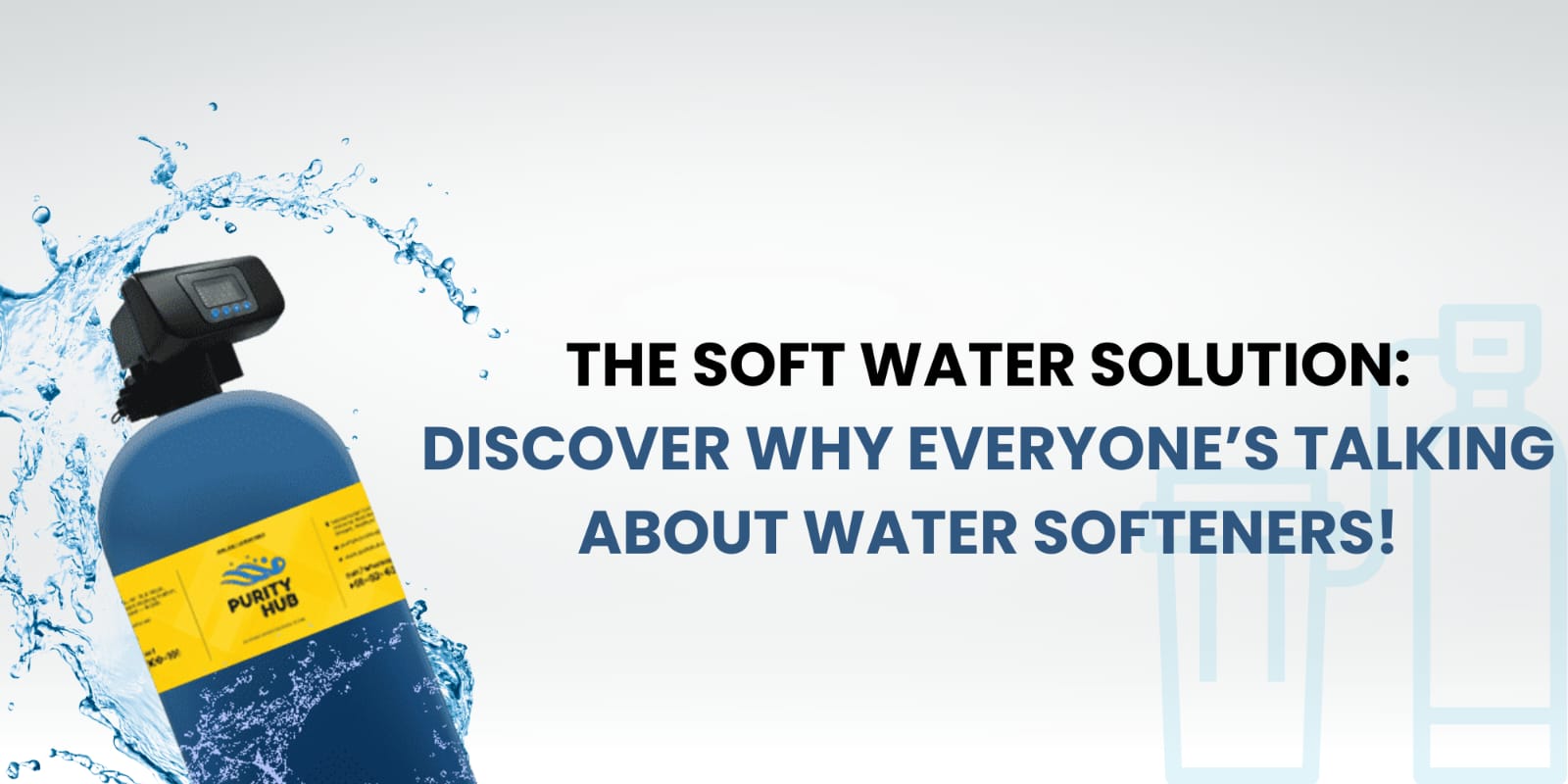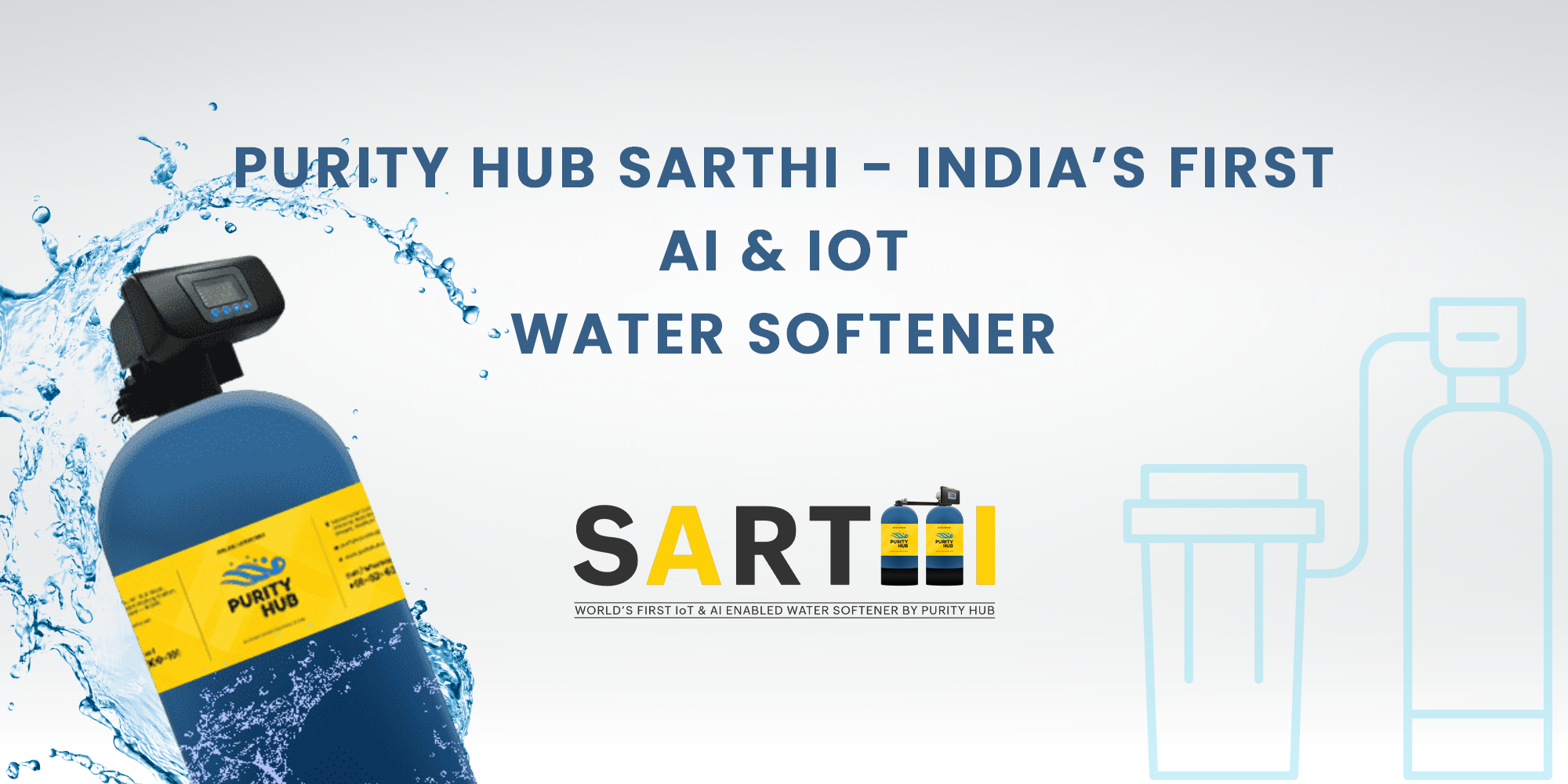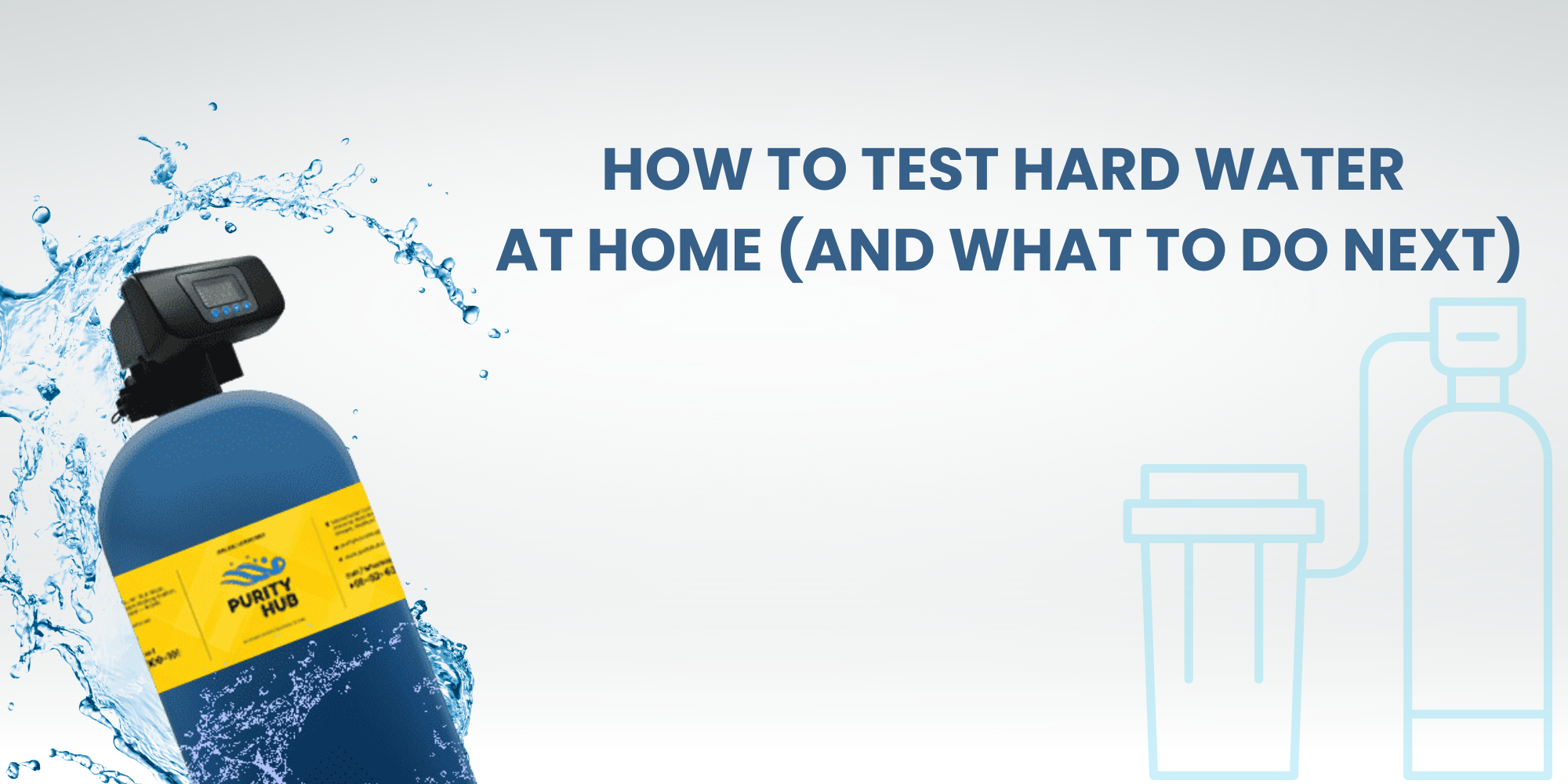
Water is a vital resource in our homes, but not all water is created equal. If you’ve noticed spots on your dishes, stiff clothes after laundry, or dry skin after a shower, you might be dealing with hard water. Luckily, more and more homeowners are turning to water softeners to address these problems and unlock the benefits of soft water. But what exactly is a water softener, and why is it suddenly gaining so much attention?
In this blog, we’ll explore the reasons behind the growing popularity of water softeners, the impact of soft water on your home, and why making the switch could be one of the best decisions for your household.
What Is Hard Water?
Hard water contains high levels of minerals, particularly calcium and magnesium. These minerals accumulate as water passes through rocks and soil, eventually finding their way into your home’s water supply. While not dangerous to health, hard water can cause a variety of issues, including:
Limescale Buildup: The calcium in hard water creates limescale, which can build up in pipes, appliances, and fixtures, reducing their efficiency and lifespan.
Stiff Laundry: Hard water prevents soap from lathering effectively, leaving your clothes feeling stiff, faded, and not fully clean.
Dry Skin and Hair: The minerals in hard water can strip moisture from your skin and hair, leaving them dry and irritated.
Spotty Dishes and Glassware: Hard water leaves unsightly spots on dishes, glasses, and silverware, even after cleaning.
The good news is that these issues are entirely avoidable with a water softener. So, why is everyone talking about this simple yet effective solution?
What Is a Water Softener and How Does It Work?
A water softener is a device that removes calcium, magnesium, and other hard minerals from your water supply through a process called ion exchange. Here’s how it works:
Hard water enters the water softener.
Inside the softener, resin beads attract the hard minerals (calcium and magnesium) and replace them with sodium or potassium ions.
Soft water is then delivered to your home, free of the hardness-causing minerals.
This process transforms your water, leaving it softer, cleaner, and more efficient for everyday use.
Why Is Everyone Talking About Water Softeners?
1. Longer-Lasting Appliances
One of the biggest reasons homeowners are turning to water softeners is to protect their appliances. Hard water can cause limescale buildup in appliances like water heaters, dishwashers, washing machines, and coffee makers, reducing their efficiency and lifespan. Over time, these deposits lead to increased energy consumption and costly repairs. By installing a water softener, you can prevent limescale buildup, extend the life of your appliances, and save money in the long run.
2. Improved Plumbing and Water Flow
Hard water doesn’t just damage appliances—it can also wreak havoc on your plumbing system. The minerals in hard water can clog pipes, restrict water flow, and even cause corrosion over time. Switching to soft water prevents limescale buildup in your pipes, ensuring a steady flow of water and reducing the likelihood of costly plumbing repairs. This is especially important for homes in areas with very hard water.
3. Softer Skin and Hair
One of the most noticeable changes after switching to soft water is the improvement in your skin and hair. Hard water can leave behind a residue that clogs pores and dries out your skin, making it feel itchy and irritated. It can also make your hair look dull and feel brittle. With soft water, your skin will feel softer and more hydrated, and your hair will be smoother, shinier, and easier to manage.
4. Cleaner, Softer Laundry
Hard water interferes with the effectiveness of laundry detergent, causing it to leave behind mineral deposits on your clothes. This results in stiff, faded fabrics that feel uncomfortable to wear. With soft water, detergents work more efficiently, and your clothes come out softer, cleaner, and brighter after each wash. Plus, you’ll use less detergent, which saves money and is better for the environment.
5. Spotless Dishes and Glassware
If you’re tired of pulling spotty dishes and glassware out of the dishwasher, a water softener is the answer. Hard water causes unsightly mineral deposits to form on your dishes, making them look dirty even after a wash. Soft water eliminates these spots, leaving your dishes sparkling clean and free of residue. It also improves the performance of your dishwasher, reducing the amount of detergent needed for a thorough clean.
6. Lower Energy Bills
Limescale buildup in water heaters forces them to work harder to heat water, which increases energy consumption and raises your utility bills. By preventing limescale from forming, soft water allows your water heater to operate at peak efficiency, potentially reducing your energy costs by up to 30%. Over time, this adds up to significant savings.
How to Make the Switch to a Water Softener
Making the switch to a water softener is a straightforward process that can have lasting benefits for your home. Here’s how to get started:
Test Your Water: First, determine the hardness of your water. You can purchase a water hardness test kit online or consult with a local water treatment specialist. This will help you understand the level of hardness in your water and whether a water softener is necessary.
Choose the Right Water Softener: Once you know your water’s hardness level, it’s time to choose a water softener that meets your needs. There are several types of water softeners on the market, including salt-based, salt-free, and magnetic systems. Salt-based systems are the most common and effective, but it’s important to choose one that fits your household’s water usage and budget.
Professional Installation: While some homeowners opt for DIY installation, it’s generally best to have a professional install your water softener to ensure it’s set up correctly and functioning at its best. A professional will also help you choose the right location for the system and ensure it’s properly maintained.
The Future of Water: Embrace the Soft Water Solution
As more homeowners become aware of the benefits of soft water, water softeners are quickly becoming a household essential. From protecting your appliances and plumbing to improving the quality of your skin, hair, and laundry, the advantages of making the switch are undeniable. In addition to these practical benefits, soft water also contributes to lower energy bills, reduced cleaning time, and a more comfortable living environment.
By embracing the soft water solution, you’re not only improving the efficiency of your home but also enhancing your overall quality of life. Say goodbye to the hassles of hard water and enjoy the luxury of soft water with a water softener for your home. It’s time to discover why everyone’s talking about this game-changing solution!
Join the growing number of homeowners who have already made the switch and experience the benefits of soft water for yourself. From spotless dishes to smoother skin, the results are clear: a water softener is the ultimate solution for a more efficient and comfortable home.



